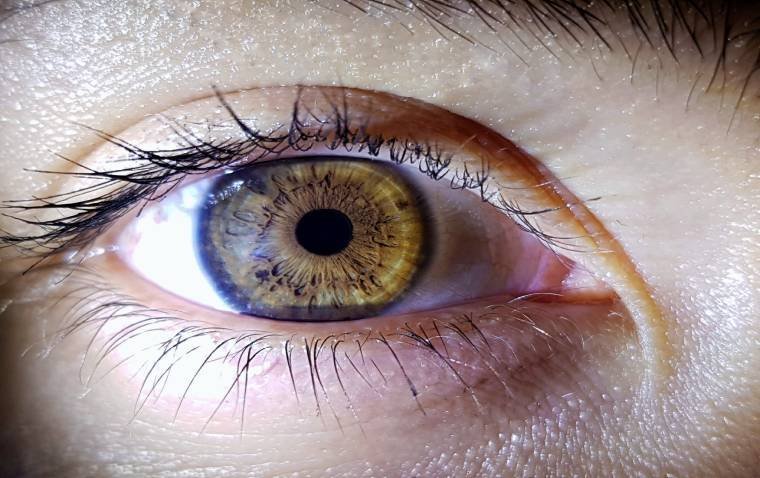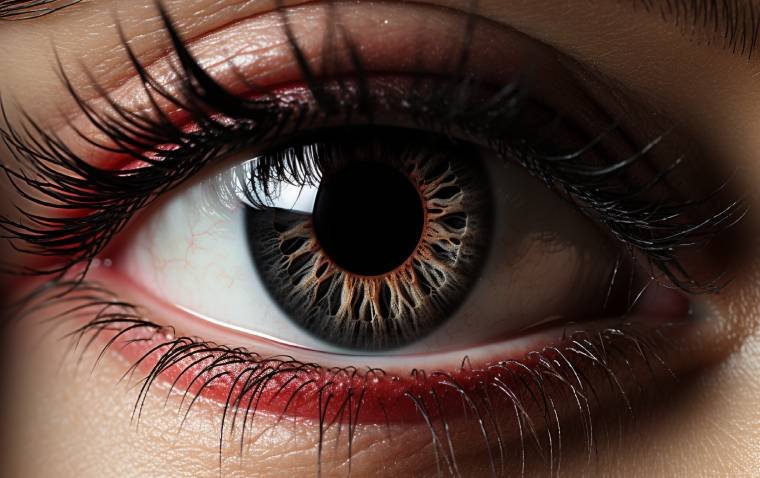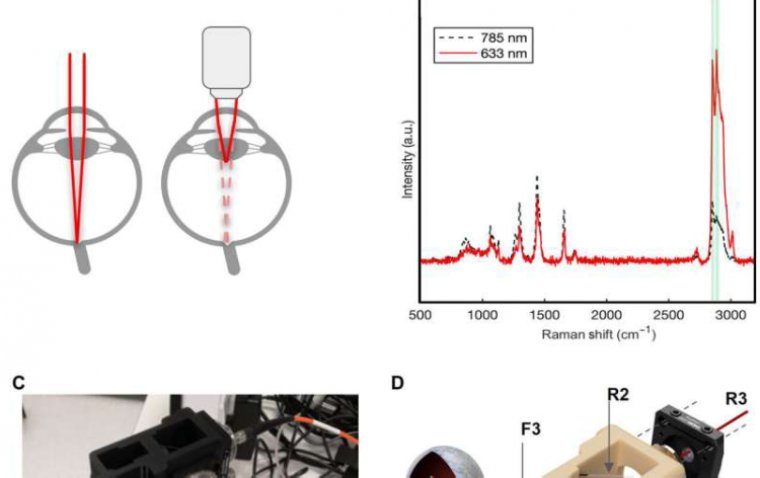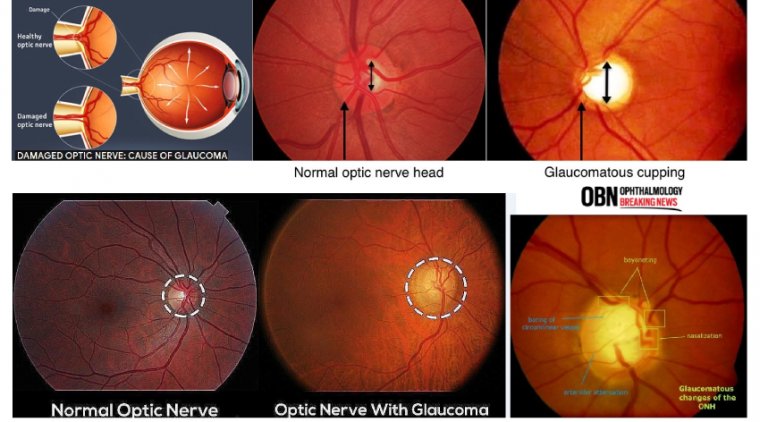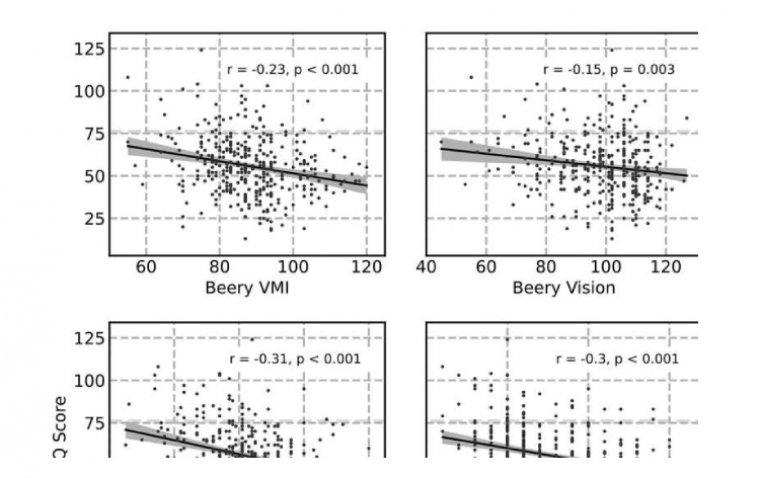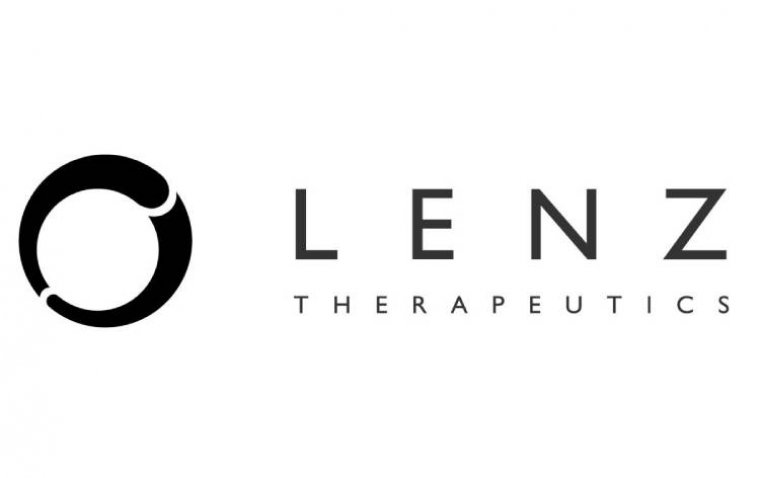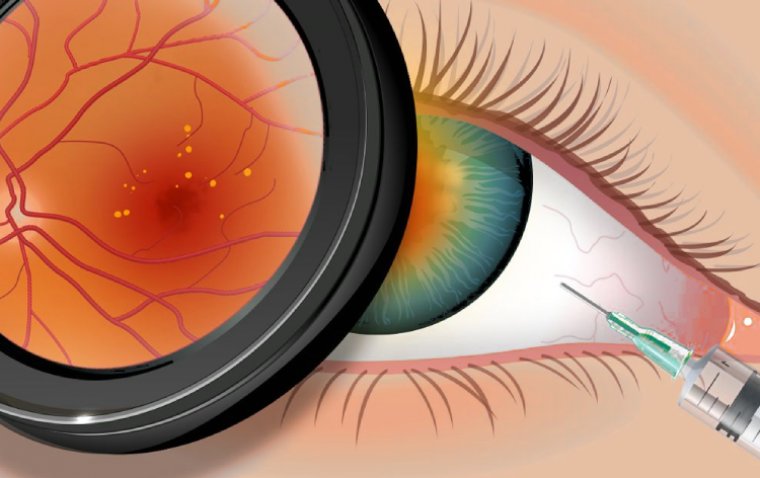
Could Eye Drops Replace Eye Injections for Retinal Vein Occlusion?
A recent study conducted by Columbia University researchers suggests that newly developed eye drops could potentially offer a more effective and comfortable treatment option for a common eye disease currently managed through eye injections.
The eye disease in question is retinal vein occlusion (RVO), which affects approximately 2% of individuals aged 40 and above. RVO occurs when a vein within the retina becomes blocked, resulting in eye swelling, inflammation, retina damage, and vision loss.
The standard therapy for RVO involves injecting a vascular endothelial growth factor inhibitor (anti-VEGF) directly into the eye to reduce swelling. While this treatment can improve vision, patients with significant retinal damage caused by impaired blood flow often experience unfavorable outcomes.
“Anti-VEGF therapy has helped a lot of people with RVO, but the fear factor—having to get a needle in the eye—causes many people to delay treatment, which can lead to retinal damage,” says Carol M. Troy, MD, PhD, professor of pathology & cell biology and of neurology at Columbia University Vagelos College of Physicians and Surgeons. “There’s an opportunity to help more people with this disease that is a leading cause of blindness worldwide.”
According to the study, the experimental eye drop treatment exhibited twice the effectiveness compared to the standard injection therapy in reducing swelling and enhancing blood flow within the retinas of mice with retinal vein occlusion (RVO). Additionally, the eye drops prevented the deterioration of neurons (photoreceptors) in the retina and preserved visual function over time, whereas the standard injections had no impact on either.
Eye Drops Target ‘Death Enzyme’
The key component of the eye drops is an experimental drug that targets caspase-9, an enzyme responsible for initiating cell death. The researchers discovered that this enzyme was excessively active in blood vessels affected by RVO.
“We think the eye drops improve the health of blood vessels in the retina, which then decreases the toxic signaling that damages the retina’s neurons and leads to vision loss,” says Maria I. Avrutsky, PhD, the study’s first author who conducted the research as a postdoc in the Troy lab.
Further investigations are focused on preparing for human clinical trials to evaluate the effectiveness of the eye drops. Additionally, researchers aim to identify additional therapeutic targets for potential treatments.
“Finding the root cause of RVO is the holy grail, but if we can at least provide better symptomatic relief that doesn’t distress patients, it would be a really good start,” Troy says.
Reference
(1).jpg)
